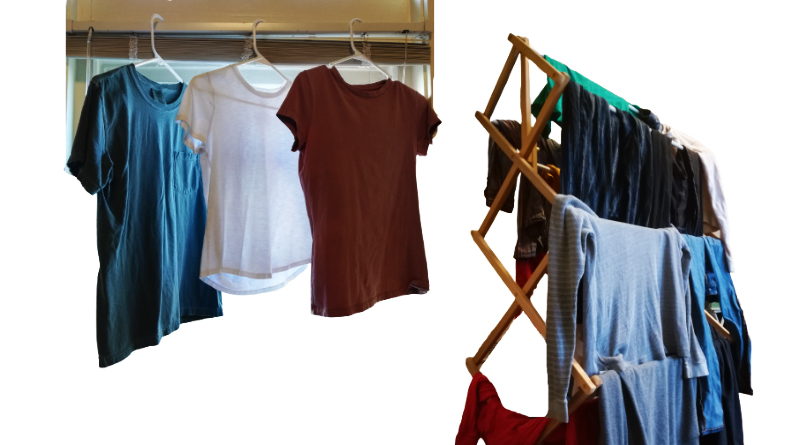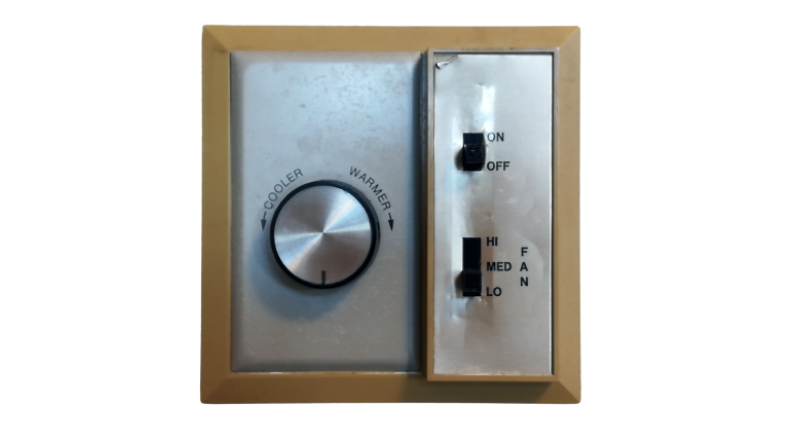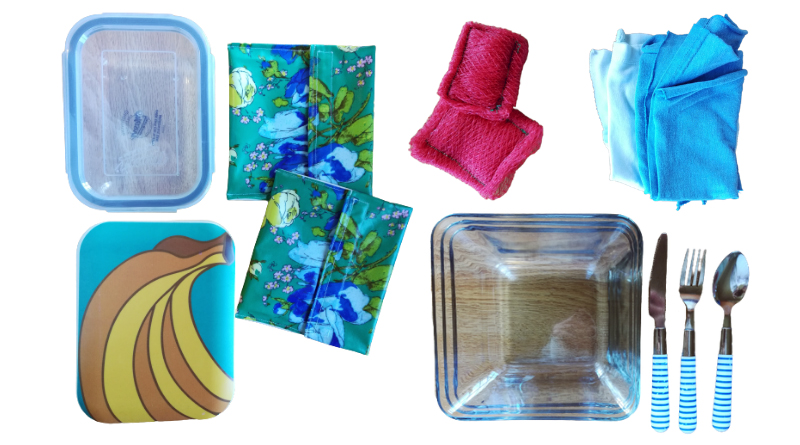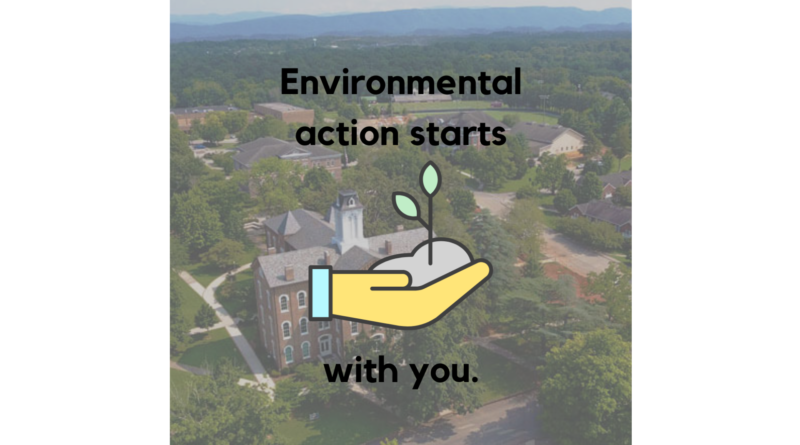Highland Eco: Introductions and eco-friendly tips you can start today!
Hi, my name’s Emily, and I’m a self-proclaimed environmentalist. In the fourth grade, I tried to end deforestation with my classmates, but it didn’t work out (more on that later). A decade has since passed, and I figured it’s time to try again. Except, I have a new mission in mind.
Welcome to the “Highland Eco,” a column dedicated to leading Maryville College toward a more eco-friendly and sustainable future. Don’t get me wrong, MC is quite impressive on this front (You can learn more here). But the truth is, we can do better, and we need to do better.
In this column, I’ll present environmental issues on campus and suggest how we can address them. Why trust me? I may not have a degree, but there are three things you should know about me:
- I hit the books. Whenever I have a smidgen of free time, I dig through any kind of educational resource I can find to learn more about our environment. I know it’s scary, but I sometimes read textbooks for fun. When I don’t have the mental capacity for that, I scroll through Instagram posts made by environmental influencers (Perhaps I’ll share a few of my favourites in a future column).
- I have leadership experience in this realm. I founded and run a non-profit called Build for Bees that works to restore our declining bee populations. Since I started it in 2018, I’ve been running full-tilt, leading workshops and creating online resources to teach others about bees.
- I know when I don’t know. I can’t possibly be an expert on everything environmental, and I’m okay with that. In fact, that’s why I’m not majoring in anything sciencey. Instead, I’m pursuing majors in writing communication, Spanish and design, so I can effectively communicate the science. In this column, when I don’t have the answers, I’ll connect you with the people who do.
Are you sold? If so, there’s no time to waste; environmental action starts with you. Since we spend so much time there these days, let’s kick things off in our dorms. Here are three ways to make dorm life more eco-friendly:
Disclaimer: If you aren’t a student, you’re welcome to tag along; these hacks work in any living space.
- Air-dry your clothes. Instead of running your clothes through the dryer, consider investing in a drying rack. It’ll reduce your carbon footprint and save you an extra trip downstairs. On top of that, commercial dryers can be particularly rough on your clothes. Limiting their use can help your clothes last longer, which could ultimately help the planet and your wallet.

Photos courtesy of Emily Huffstetler.
- Turn things off when you leave. It hopefully goes without saying, but it’s important to turn off the lights whenever you leave a room. It’s hopefully also obvious to completely turn off the sink and shower when it isn’t in use, but a reminder never hurts. What you might not think about, though, is your AC/heating unit. Unless you want your local spiders to be cozy when you’re leaving for an extended period of time, go ahead and shut the unit off until you return.

Photos courtesy of Emily Huffstetler.
- Use reusable alternatives. It’s easy to swap out disposable dorm essentials with reusable options, and they’ll save you money in the long run. Check out my collection below. If I’m just cleaning a minor mess, instead of paper towels, I use rags I made out of old t-shirts. I have a silverware and dish collection (that was largely thrifted), to avoid using plasticware and styrofoam food containers whenever I can. And I have a few reusable options for storing food, to cut down on food waste. The little shower-cap-looking-guy is a homemade cover that goes on top of cups and jars.

Photos courtesy of Emily Huffstetler.
I’m far from perfect, but I’ve found that these simple hacks mesh well with my lifestyle. If you take one thing away from this column, it should be that environmentalism doesn’t have to be inconvenient or expensive. If a busy college freshman with hardly any money to her name can make it happen, you can, too.
Have suggestions as to what we should explore next? Feel free to send me an email:

